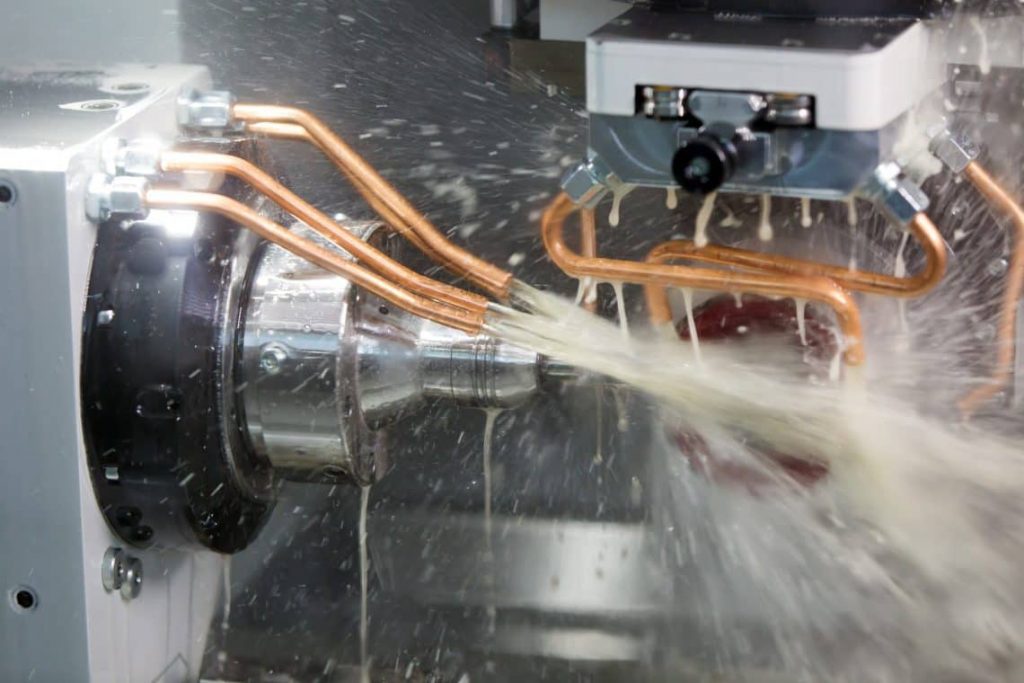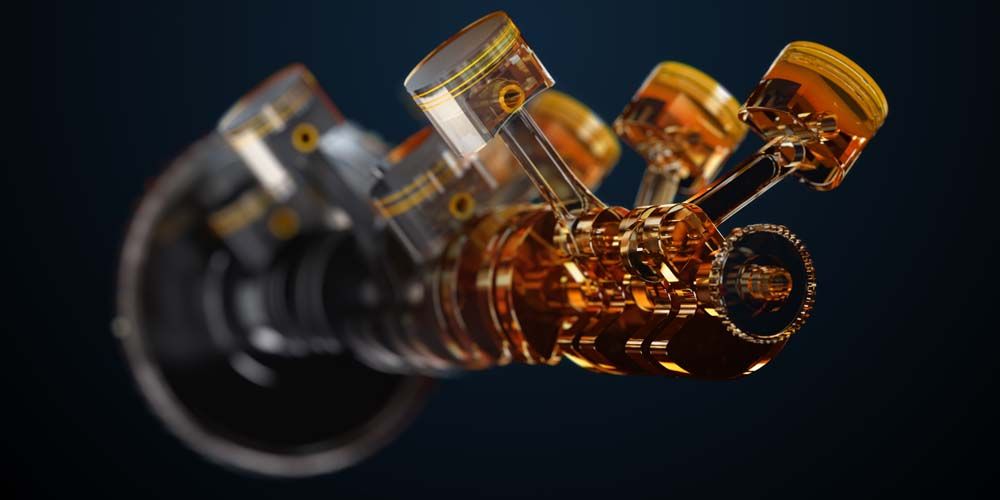The Biocidal Products Committee (BPC) prepares the opinions of the European Chemical Agency (ECHA) related to several processes under the Biocidal Products Regulation. Substances, which were on the market before 14 May 2000 are referred to as existing active substances.
Formaldehyde releases biocides













